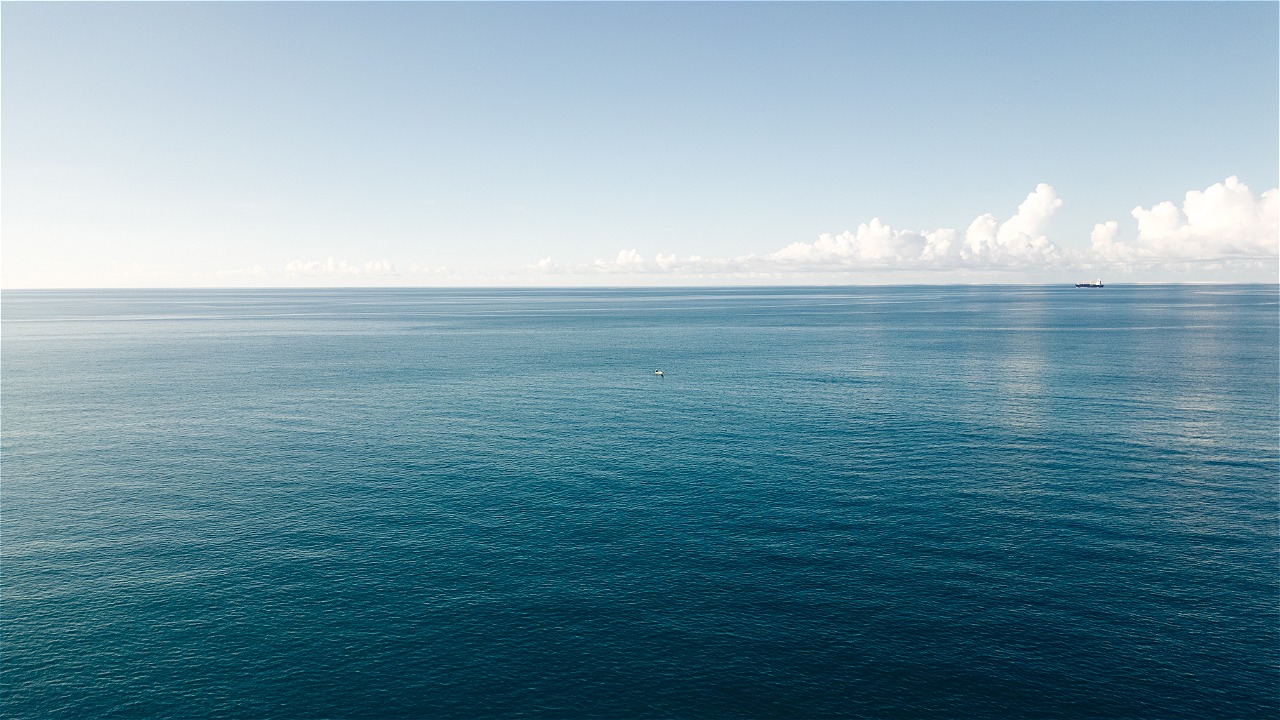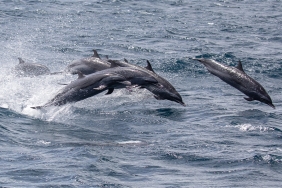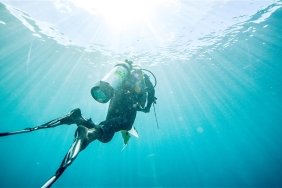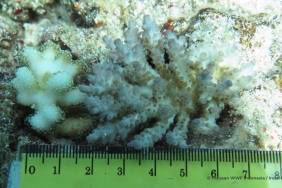LATOHALA OMNO'O, A FORM OF GRATITUDE AND HOPE FOR SUSTAINABLE FISHERIES FROM MALI FISHERMEN, ALOR
By: Tutus Wijanarko (Community Right Based Management Officer, WWF-Indonesia)
White sand beach
The sting of bare feet
Waving coconut palms greet the breadwinner
Rushing into the vast sea
Welcome to the chasing waves crashing into the canoe
Solid determination of the breadwinner
No matter the waves and reef
For blessed worship
(Jakbes Asamau)
That afternoon, the coastal estuary of Mali Beach, Alor Regency was crowded with fathers sitting under tents. Meanwhile, the women were busy cooking various dishes from the sea. There were several canoes tied to trees (mangroves). Some children and other mothers practiced singing with the accompaniment of musical instruments.
"We are preparing to hold a fishermen's thanksgiving event - Latohala Omno'o," explained Bapa Kideng, head of the Mali Beach Fishermen Group. Latohala Omno'o - the local name of the annual event every December 16 - is the second time it has been held since 2015.
Several fishermen partners, namely the Marine Police (Polair), the National Search and Rescue Agency (Basarnas), the Kabola Community Supervisory Group (Pokmaswas), church officials, and WWF - Indonesia; were also present on the coast that day.
Interestingly, invited guests from Buaya Island fishermen were also seen enlivening the event. Crocodile Island fishermen are andon fishermen who look for sea products around Mali Beach. They set up a stopover hut around the beach.
"This event is a form of love to God for all the sustenance from sea products that have been given during this year," said Bapa Kideng, in the opening of the event by the committee chairman.
Mali Beach waters are part of the sustainable fisheries zone in the SAP Marine Protected Area (Aquatic Nature Sanctuary) of Alor Regency. This zone can be utilized to fulfill the daily needs of the community, based on the principles of protection and preservation.
Malian fishermen usually look for marine products around the sea area of Kabola Village using canoes and fishing rods. At low tide, they usually do meting (looking for shellfish or snails on the beach). The results of meting are usually used first for family consumption. The rest if still left over, they sell to increase their income.
Unstable sea conditions with waves and currents make fishermen's income uncertain. Even though they have been fishing from night to morning, sometimes they have to go home with modest sea products.
This condition is reflected in the lyrics sung by the mothers and children of Mali fishermen. In between songs, some of the fishermen's mothers and fathers were seen shedding tears. The atmosphere of emotion was felt by all, and became more solemn when the sermon was delivered by the Pastor.
"In the Bible it is explained, take fish with scales, don't take fish without scales," said the pastor's mother. This means that fishermen are advised not to catch fish (without scales) that are not for consumption; such as sharks, dolphins, and dugongs (dugongs) which also live in the waters of Mali Beach.
In his sermon, it was conveyed that Christian teachings invite people to preserve and protect nature, including the sea. The Mali Beach fishing community believes that catching marine products according to their needs in an environmentally friendly way means saving future generations. Their active role is evidenced by the active conservation of mangroves by the community on Mali Beach and Sika Island in Mali waters.
""Since the fishermen in Mali planted mangroves around Mali Beach and Sika Island, the number of fishermen's fish catches has begun to increase,"" said Onesimus Laa, Chairman of the Alor Regency Fishermen Forum.
The event continued with a banquet. The rain that began to fall did not make the invited guests disperse. We enjoyed various processed seafood cooked by the mothers. The event was closed by giving rice and basic necessities from Mali fishermen to church administrators.
It should be appreciated, that the gratitude of the Malian fishermen is a news that soothes the people; to continue to utilize, maintain, preserve marine resources, and be grateful for God's gifts.




